Raila Odinga Says He Gained Nothing from 2018 Handshake with Uhuru Kenyatta
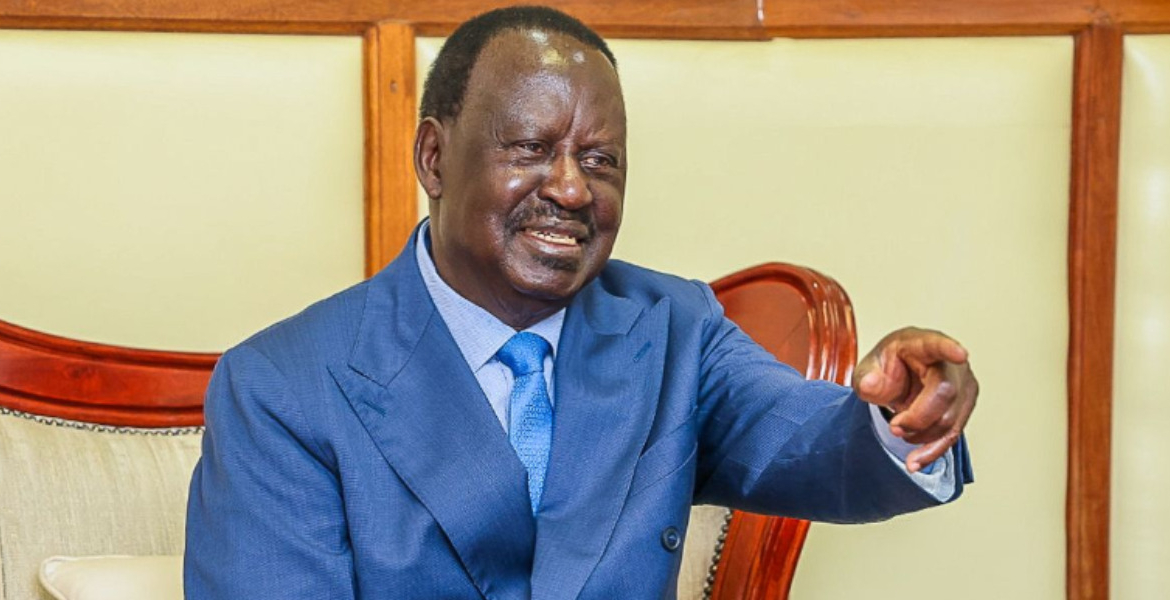
ODM leader Raila Odinga has vehemently denied allegations that his 2018 political accord with former President Uhuru Kenyatta, known as the "Handshake," served as a vehicle for personal enrichment.
In a recent interview, Raila insisted the alliance stemmed from a shared commitment to national reform, not political opportunism. He refuted claims that the agreement was a covert power-sharing arrangement, a characterisation long perpetuated by critics. Raila emphasised that neither he nor his allies received governmental appointments during the "Handshake" period, directly challenging the notion of a transactional détente.
"None of my people were appointed in Uhuru's government. What did I get? I got nothing," he said, highlighting that Kenyatta's endorsement in the 2022 General Election was a voluntary act, not the result of a negotiated political exchange.
The "Handshake" brought about a significant reconciliation between the two former rivals, giving rise to the Building Bridges Initiative (BBI), a constitutional reform project designed to address enduring governance and electoral challenges. Raila portrayed the BBI as a genuine attempt to restructure key institutions and promote national unity, expressing regret over its rejection by the judiciary.
"We agreed on reforms as conceptualised under the BBI. It was the courts that rejected the BBI," he said, suggesting its failure contributed to the acrimonious nature of the 2022 elections.
A central element of Raila's critique focuses on the Independent Electoral and Boundaries Commission’s (IEBC) conduct during the presidential poll. He notes the internal divisions within the commission, where four commissioners publicly distanced themselves from the results shortly before their announcement, citing a lack of transparency in the tallying process. This dissenting group, led by Vice-Chairperson Juliana Cherera, also including Francis Wanderi, Justus Nyang’aya, and Irene Masit, claimed irregularities undermined the integrity of the election.
Conversely, IEBC Chair Wafula Chebukati, supported by commissioners Boya Molu and Abdi Guliye, proceeded to declare William Ruto the winner. Raila also criticised the Supreme Court’s decision to uphold Ruto’s victory, describing the ruling as flawed and illogical. “For the first time, the Supreme Court accepted that three was bigger than four,” he remarked, alluding to the numerical split within the IEBC.
He voiced frustration that public discourse has predominantly focused on his actions rather than the court’s controversial judgment. “Why are people not talking about the Supreme Court ruling? They’re only talking about Raila,” he protested.
Following the court’s verdict, Odinga maintained that he had exhausted all legal avenues, placing the onus on the Judiciary for the outcome. “Once the Supreme Court made the ruling, my hands were tied. It is the court that messed up, not me,” he asserted.
Raila defends ODM’s recent cooperation with President Ruto’s administration as essential for preserving national stability amidst widespread unrest. Citing the youth-led protests of the past year, Raila cautions that Kenya risked descending into chaos similar to that seen in Somalia, Haiti, or Sudan. He emphasises that his current engagement with Ruto is not a political alliance but a response to a national crisis.

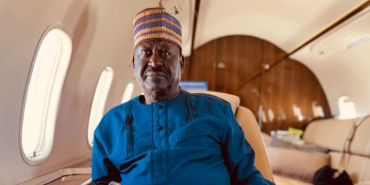
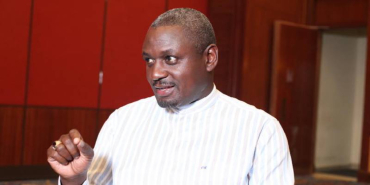
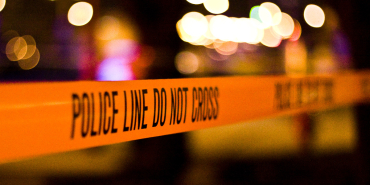
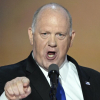


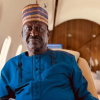
Add new comment